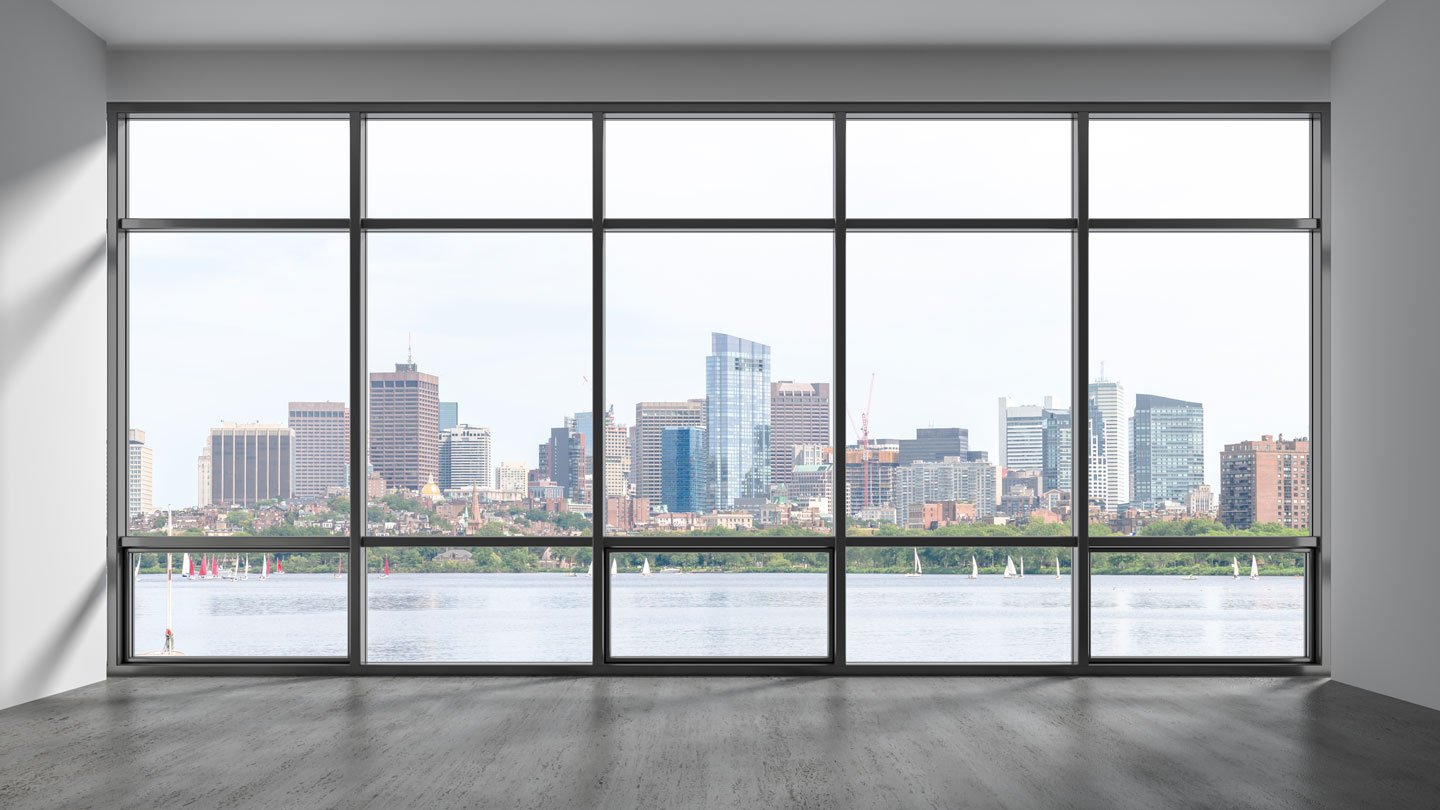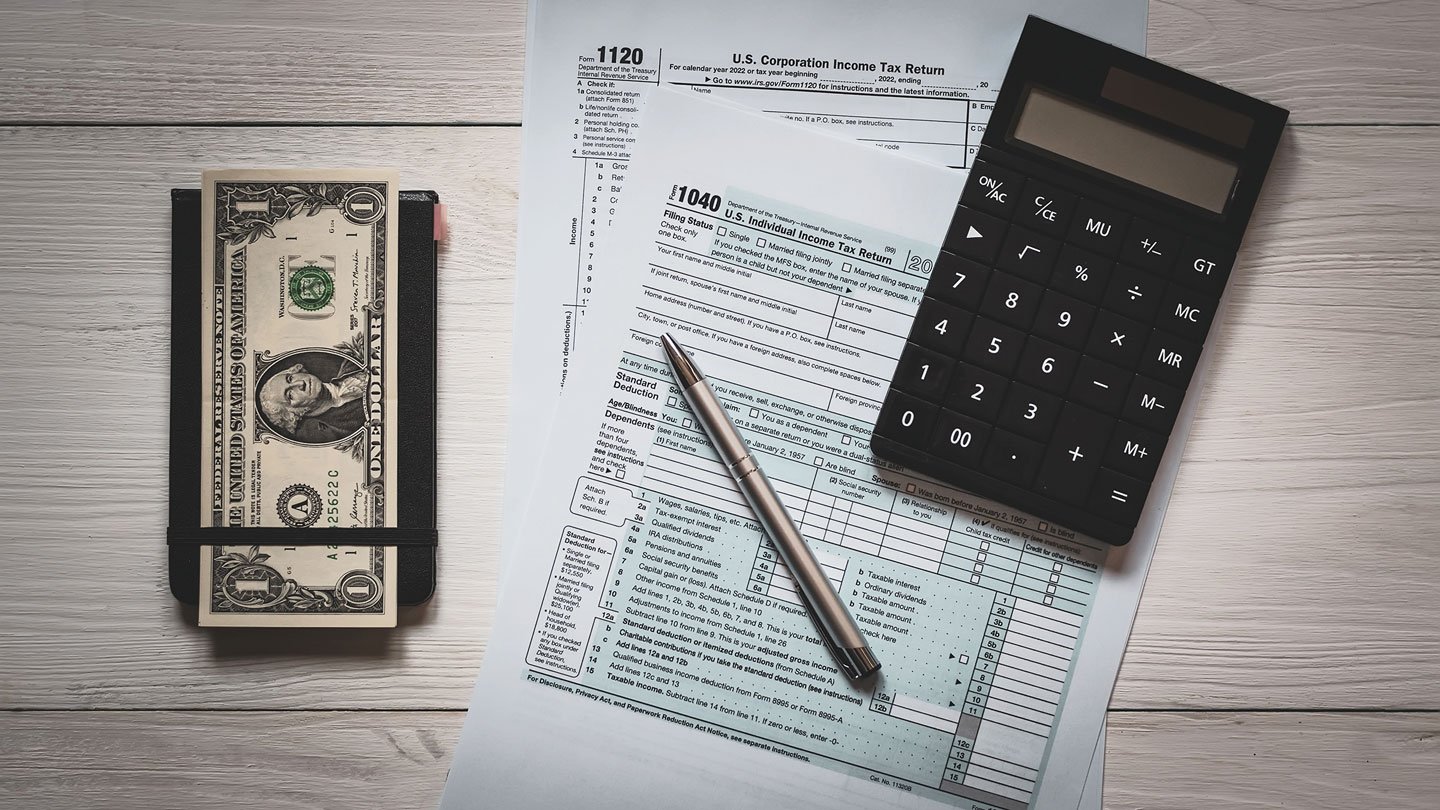
Governments Turning to Adaptive Reuse Legislation for Additional Housing
Tax breaks, streamlined approvals and grants are some of the supply-side incentives.
Cities and counties across North America are facing a shortage of affordable rental and for-sale housing. The lack of affordable housing is increasingly becoming a top concern for many Americans, according to the Pew Research Center, with 63% of adults living in urban areas identifying the availability of affordable housing as a major problem. Moody Analytics reports that the national rent-to-income ratio edged over the 30% rent-burden level for the first time in 2022. The two highest rent-to-income ratios are in New York City (66.9%) and Miami (42%).
At the same time, the trend toward remote and hybrid workweeks has resulted in historically high office vacancy rates in most urban areas. Colliers recently reported that the U.S. office vacancy rate stood at 16.4% in the second quarter of 2023, slightly above the Great Recession peak of 16.3%. The high vacancy rate also resulted in decreased valuations of commercial office properties and lower economic activity for many local businesses and restaurants that rely on the foot traffic of office workers. Accordingly, sales tax revenue for local governments has also declined.
A Crisis Spurs Opportunities
In the U.S., a top NAIOP legislative priority is the enactment of a federal adaptive reuse tax incentive that would spur the conversion of underutilized commercial properties to residential use. While Congress continues discussion on a federal program, mayors and local officials in the U.S. and Canada are already taking action to incentivize the conversion of vacant commercial spaces into residential properties. These conversion efforts aim to increase housing supply and promote economic revitalization and job growth in areas negatively impacted by shrinking demand for commercial office properties.
Boston Mayor Michelle Wu recently announced a new Downtown Office to Residential Conversion Pilot Program to incentivize the conversion of vacant and underutilized office space to residential use within the city. The intent of the program is to create new housing and to spur economic activity for businesses and restaurants by residents who want to live, work and play in the downtown corridor.
Under Boston’s pilot program, commercial office space owners would receive as much as a 75% reduction in their property taxes at the residential rate for up to 29 years for immediately starting the conversion process. Applications to participate in the pilot program will be accepted only through June 2024, with construction scheduled to start no later than October 2025. Conversion projects within the program will also receive a streamlined approval process for related permits. If construction does not begin before October 2025, the owner will pay any waived taxes. The city will also apply a 2% tax on future sales of the property to compensate for the lost tax revenue.
Some local governments have also strengthened and updated existing conversion programs to provide additional housing and help address the challenges of a post-pandemic economy and workforce. Erie County in upstate New York offers an adaptive reuse tax incentive program to support the “rehabilitation” of existing vacant and underutilized buildings. To receive consideration for the program, buildings and structures must be older than 20 years with “functional challenges” for redevelopment; vacant or underutilized for a minimum of three years; and not producing meaningful rental income. The benefits of participating in the program may include property tax savings, sales tax saving on equipment and materials, mortgage recording tax abatement and other exemptions.
Calgary Leads the Way
In Canada, the Downtown Calgary Development Incentive Program was revised earlier this year with the intent of providing office-building owners financial assistance to convert approximately 6 million square feet (out of 14 million square feet) of vacant office space for residential and non-office uses in the downtown corridor by 2031. The incentive program provides a grant based on square footage of the office space being converted to one or more of the approved uses. The approved uses are:
- Multiresidential development/dwelling ($75 per square foot with exclusions and restrictions)
- Hotel ($60 per square foot with exclusions and restrictions)
- School ($50 per square foot)
- Performing arts centre ($50 per square foot)
Approved applicants will receive up to a maximum of $15 million per property unless the municipal council approves a greater amount. Ten recently approved projects will create approximately 1,237 units of housing, ranging from studios to three-bedroom apartments, and include affordable units as well as units that will rent at 20% below market rate.
These adaptive reuse programs in the U.S. and Canada demonstrate the important role that local governments could play in incentivizing the conversion of vacant or underutilized buildings for housing and other needed uses. Although conversions can be challenging, especially without incentives, adaptive reuse is more environmentally sustainable than demolition and construction of new buildings. NAIOP supports commonsense efforts at every level of government to develop and strengthen existing adaptive reuse programs and to extend the useful life of existing commercial buildings.
Toby Burke is associate vice president of state and local affairs at NAIOP.
RELATED ARTICLES YOU MAY LIKE

Partnership Tax a Major Issue in 2025 Reform Debate
Potential changes to taxation of partnerships and other pass-through entities could have an outsized impact on commercial real estate.
Read More
Implications of PFAS Regulation on the Commercial Real Estate Industry
Newly designated “hazardous substances” could pose fresh challenges for stakeholders.
Read More
The Real Impact of Opportunity Zones
Bipartisan legislation has proved successful in attracting investment that transforms communities.
Read More

